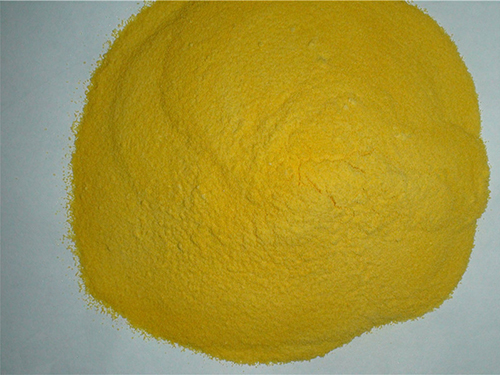High-quality polyacrylamide available for purchase at competitive prices and fast shipping options.
Exploring the Market for Polyacrylamide A Versatile Polymer for Sale
Polyacrylamide is a synthetic polymer that has gained significant attention across various industries due to its versatility and effectiveness. As a hydrophilic substance, polyacrylamide forms a gel-like structure when hydrated, making it suitable for a wide range of applications, from water treatment to cosmetics. This article delves into the various uses of polyacrylamide, its market availability, and considerations for purchasing this versatile polymer.
What is Polyacrylamide?
Polyacrylamide (PAM) is a water-soluble polymer derived from acrylamide monomers. Its chemical structure allows it to absorb large quantities of water, making it a highly effective flocculant and thickening agent. The polymer can be produced in various forms, including powders and gels, allowing for flexibility in application depending on user needs.
Applications of Polyacrylamide
1. Water Treatment One of the most significant uses of polyacrylamide is in the treatment of water and wastewater. As a flocculant, it helps to aggregate suspended particles, making it easier to remove impurities from drinking water and sewage. This process is especially vital in municipal water treatment facilities.
2. Agriculture In agriculture, polyacrylamide is employed to improve soil water retention, reduce erosion, and enhance the efficiency of irrigation. It binds soil particles together, creating a stable structure that promotes better water infiltration and reduces runoff.
3. Mining The mining industry utilizes polyacrylamide for mineral processing. It aids in the separation of valuable minerals from ore through the flocculation process, significantly enhancing recovery rates.
polyacrylamide for sale

4. Cosmetics and Personal Care In the cosmetics industry, polyacrylamide is used as a thickening agent in formulations such as creams, lotions, and gels. Its ability to stabilize emulsions makes it a popular choice for cosmetic manufacturers striving to create high-quality products.
5. Food Industry Polyacrylamide can also appear in the food industry, although its use is subject to regulatory scrutiny due to health concerns linked to acrylamide, a toxic byproduct. Consequently, food-grade polyacrylamide must be specifically formulated and tested for safety.
Market Availability
The market for polyacrylamide is expanding, driven by increasing demand across various sectors. As industries continue to seek more efficient and effective solutions for their challenges, the need for high-quality polyacrylamide is rising. Suppliers offer a range of options, from anionic to cationic and nonionic forms, catering to specific industrial needs.
When searching for polyacrylamide for sale, potential buyers should consider several factors - Purity and Quality Ensure the supplier provides high-purity polyacrylamide that meets the required specifications for your application. - Form Choose the appropriate form (powder or liquid) based on ease of handling and application requirements. - Supplier Reputation Work with reputable suppliers who have a track record of quality and reliability. - Regulatory Compliance Particularly for applications in food and cosmetic industries, ensure that the polyacrylamide complies with relevant safety regulations.
Conclusion
The versatility and effectiveness of polyacrylamide make it an invaluable asset in numerous industries. Its applications in water treatment, agriculture, mining, cosmetics, and food production underscore its significance in today's market. As the demand for this polymer continues to grow, finding a reliable supplier for polyacrylamide for sale is crucial. By considering the factors mentioned above, businesses can procure the right type of polyacrylamide to meet their specific needs, ultimately enhancing their operational efficiency and product quality.
-
Water Treatment with Flocculant Water TreatmentNewsJun.12,2025
-
Polymaleic AnhydrideNewsJun.12,2025
-
Polyaspartic AcidNewsJun.12,2025
-
Enhance Industrial Processes with IsothiazolinonesNewsJun.12,2025
-
Enhance Industrial Processes with PBTCA SolutionsNewsJun.12,2025
-
Dodecyldimethylbenzylammonium Chloride SolutionsNewsJun.12,2025





